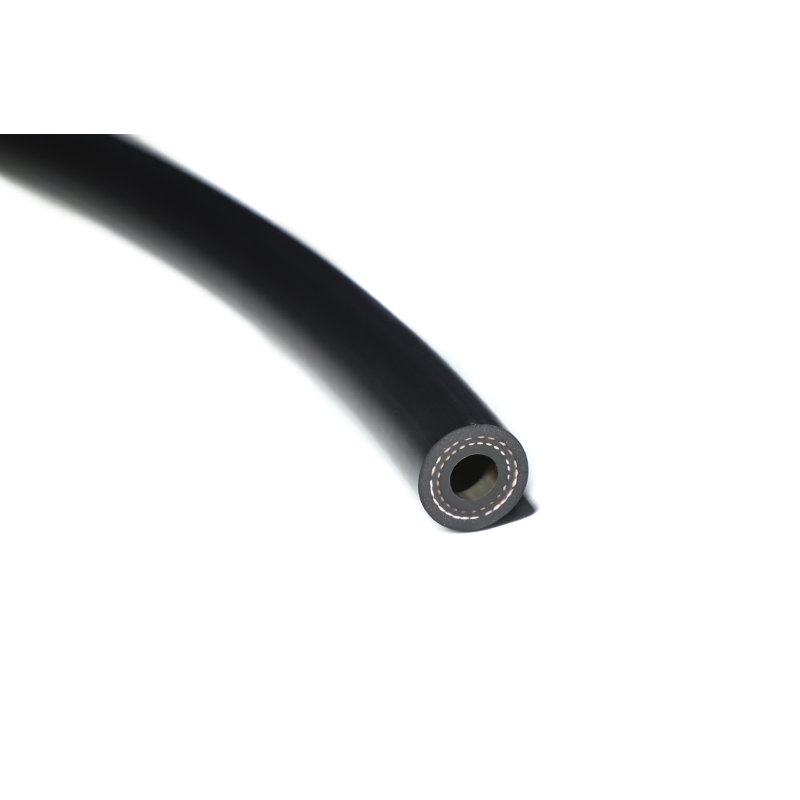factory brake lines
دېكابىر . 12, 2024 11:51 Back to list
factory brake lines
Understanding Factory Brake Lines Importance and Maintenance
Brake lines are critical components of a vehicle's braking system, responsible for transferring brake fluid from the master cylinder to the brake calipers or wheel cylinders. Factory brake lines are manufactured and installed as part of the vehicle's original assembly, designed to meet specific performance and safety standards. Understanding the significance of factory brake lines and how to maintain them is essential for every vehicle owner.
What Are Factory Brake Lines?
Factory brake lines are the OEM (Original Equipment Manufacturer) parts that come installed in a vehicle from the manufacturer. These lines are typically made from high-strength materials like steel or braided stainless steel, which help resist corrosion and withstand the high pressures generated during braking. The design of factory brake lines is carefully engineered to ensure optimal performance, safety, and durability, allowing for efficient transfer of hydraulic force.
Factory brake lines are typically made from several materials - Steel Most common for the rigidity it provides, but it can be prone to corrosion. - Braided Stainless Steel Offers greater strength and flexibility, often used in performance vehicles. - Polymer Some vehicles use plastic lines, which are lightweight and resistant to corrosion.
Importance of Factory Brake Lines
The braking system is one of the most vital systems in any vehicle. The importance of factory brake lines cannot be overstated 1. Safety Effective braking is critical for road safety. Factory brake lines are tested to ensure they can handle the pressures involved in braking, preventing failures that could lead to accidents. 2. Performance Original brake lines are designed to work optimally with other components of the braking system. Using non-OEM parts can result in diminished braking efficiency and potentially increased stopping distances. 3. Longevity Factory brake lines are made to last. They are engineered to resist wear, corrosion, and physical damage that can occur over time, providing a longer service life than generic aftermarket parts.
factory brake lines

Recognizing the Need for Maintenance
While factory brake lines are built to last, they are not immune to wear and tear. Regular maintenance is crucial to prevent brake failure. Here are some signs of potential issues - Corrosion Inspect brake lines for any signs of rust or corrosion, especially in older vehicles or those exposed to harsh weather. - Leaking Brake Fluid A visible leak could indicate damaged brake lines or loose fittings, which can severely affect braking performance. - Spongy Brake Pedal If the brake pedal feels soft or spongy when pressed, it may indicate air in the lines or fluid loss due to a leak.
Maintenance Tips
To ensure the longevity and safety of your vehicle's braking system, consider the following maintenance tips 1. Regular Inspections Periodically check the brake lines for signs of wear, corrosion, or leaks. 2. Bleeding the Brakes Brake fluid can become contaminated over time. Regular bleeding will ensure that the brake system operates at optimal efficiency. 3. Fluid Changes Brake fluid should be changed every two years or according to the manufacturer’s recommendations to prevent moisture buildup, which can cause corrosion inside the brake lines. 4. Mind the Environment If you live in an area with harsh weather conditions, take extra precautions, such as applying protective coatings to steel lines.
Conclusion
Factory brake lines play an essential role in the safety and performance of a vehicle's braking system. Understanding their importance and maintaining them properly can save lives and enhance driving experience. Regular inspections, timely repairs, and adherence to maintenance schedules are key to ensuring that your vehicle's brakes function as intended. When in doubt, always consult with a certified mechanic or technician to assess the condition of your brake lines, helping you stay safe on the road. After all, when it comes to brakes, it’s always better to be safe than sorry.
Latest news
-
High-Quality Automotive Fuel Line for Cars & E85 Applications
NewsJul.26,2025
-
Fuel Hose SAE J30R9 - High Pressure, Durable, Low Permeation
NewsJul.25,2025
-
Durable Air Conditioner Hose for Car – High Pressure, Easy Installation
NewsJul.24,2025
-
Durable Air Conditioner Hose Car – High Pressure & Recharge Solutions
NewsJul.23,2025
-
High-Performance Refrigeration Hose for Efficient Cooling Systems
NewsJul.22,2025
-
Premium Air Conditioner Hose Car - High Pressure Line
NewsJul.22,2025
